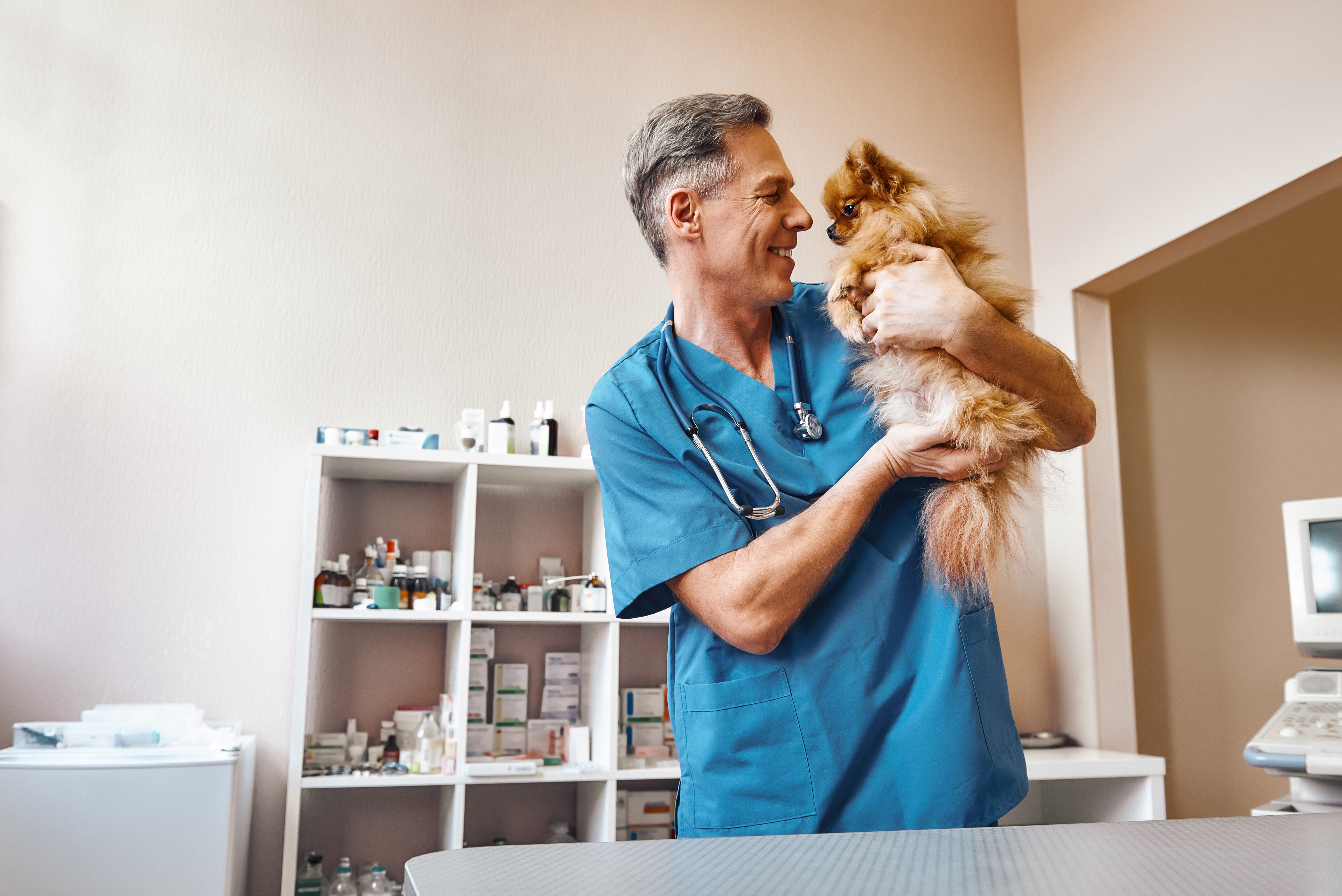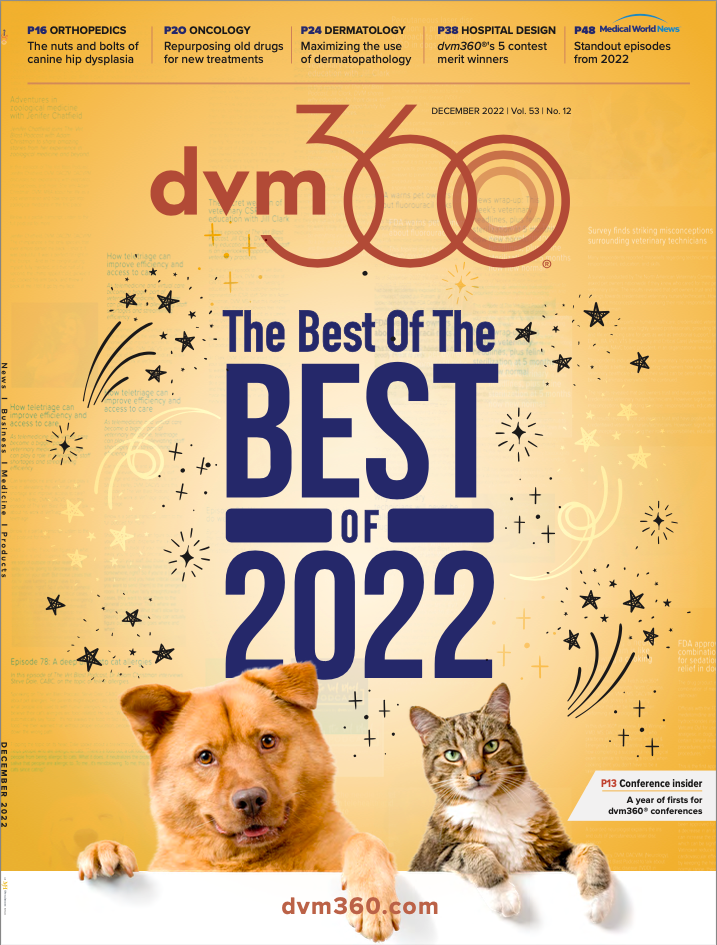Zoetis releases Project WAG to promote wellbeing of veterinary health professionals
Initiative addresses increased burnout levels and mental health challenges these individuals face
The National Suicide Hotline can be reached by texting or calling 988.
Friends Stock / stock.adobe.com

Zoetis has launched Project WAG (Wellbeing and Growth), a US initiative to help veterinary professionals develop and maintain an improved standard of wellbeing in their practices. Project WAG provides all veterinary professionals, including veterinarians, veterinary technicians, and support and administrative staff, access to online resources in one place that offer tips on promoting self-care. This empowers them to establish healthy boundaries at work, connect with the community, and create more joy in their daily work.
According to a company release, the resources include1:
- Complimentary support: Access to complimentary support facilitated by licensed healthcare professionals, and self-care resources.
- Connect with the community: Tools to help veterinary health professionals promote team building and community among their peers, and within their own practices, to prioritize a culture of wellbeing.
- Learn about wellbeing and the veterinary profession: Educational resources to help veterinary health professionals feel informed so they can take control of their own wellbeing, and become advocates for their colleagues, peers, and future veterinary professionals.
“Burnout and wellbeing concerns within the veterinary field are fairly common but, unfortunately, overlooked problems. In fact, nearly one-third (31%) of veterinarians in the U.S. have reported experiencing depressive episodes2,” said Tara Bidgood, DVM, PhD, executive director, US Petcare Veterinary Professional Services and Medical Affairs, Zoetis, in the release.1
“Zoetis is committed to the health and wellness of pets, and this commitment extends to the dedicated and passionate veterinary health professionals who care for these cherished pets every day. We created Project WAG to help empower the veterinary community – from the front desk to the treatment room – to spread positivity and better wellbeing through education, collaboration and outreach.”
The Project WAG resources can be found at www.ProjectWAG.org.
References
- Zoetis launches Project Wag (Wellbeing and Growth) to support the wellbeing and self-care of veterinary health professionals. News release. Zoetis. October 19, 2022. Accessed October 20, 2022. https://www.zoetisus.com/news-and-media/zoetis-launches-project-wag-to-support-the-wellbeing-and-self-care-of-veterinary-health-professionals.aspx
- Newberry K. The veterinary community: a population at-risk for suicide. Journal of Undergraduate Social Work Research. 2021;5(1):41-52.https://www.ideals.illinois.edu/items/122922
